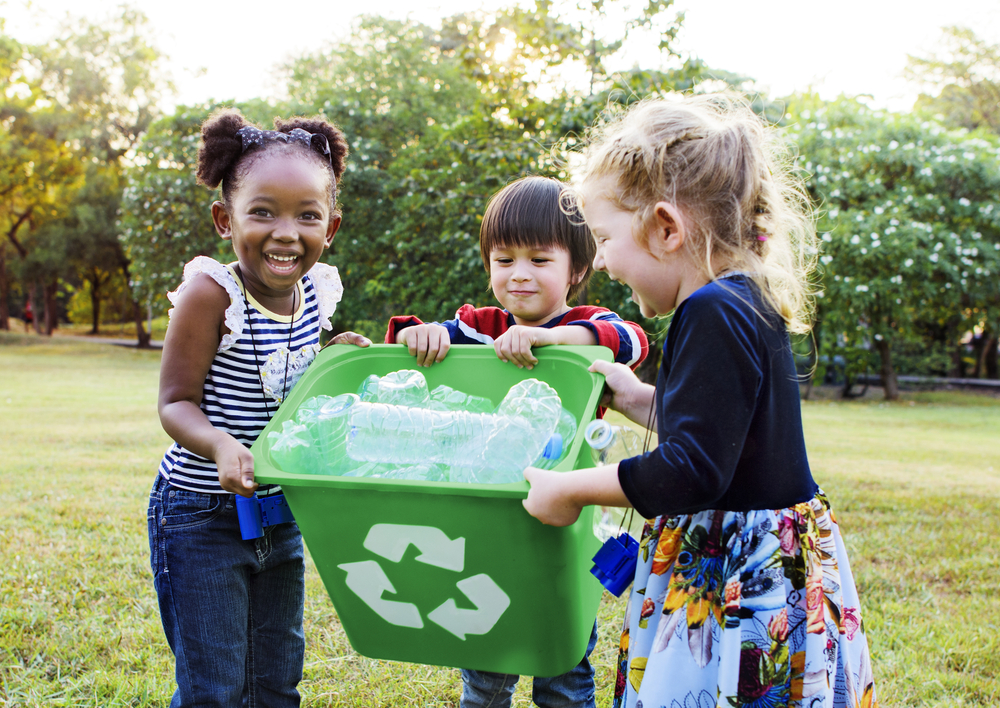Turns out Fido does a lot more than keep us company.
A few years ago my daughter’s guinea pig started dragging one of her hind legs. Naturally I drove the tiny critter to the emergency animal hospital. Several hours, X-rays (broken leg), and hundreds of dollars later, as I waited to check out, someone asked what was in the box I was holding. When I told her it was a guinea pig, she practically gasped, “Wow, you must love your pets.”
I sure do. Scampers is no longer with us, but I’m head over heels for our Sheltie, Ruby, and our cranky cat, Curry. Those two serve up huge helpings of comfort and love every day.
We love our pets
 Pets are parts of more than 68 percent of U.S. households, a recent survey says. All those creatures contribute to the happiness and well-being of their families—even when they chew our shoes, shred the furniture, or kick impossible-to-vacuum cage bedding all over the floor.
Pets are parts of more than 68 percent of U.S. households, a recent survey says. All those creatures contribute to the happiness and well-being of their families—even when they chew our shoes, shred the furniture, or kick impossible-to-vacuum cage bedding all over the floor.
Why? Here’s what pet parents and the literature say about the role animals play in human happiness.
1. They get us off our butts (especially dogs)
People who own dogs (and walk them) tend to be more active than those who don’t. A Michigan State University study found that folks who walked their dogs exercised 30 minutes more per week than non-dog owners.
In fact, dogs can make better walking buddies than humans. A University of Missouri study found that residents in an assisted-living home walked 28 percent faster when they hit the trail with a shelter dog. Older folks who paired up people moved only 4 percent more quickly. After 12 weeks, the dog walkers had greater fitness gains.
2. They keep us healthy
College students who petted a dog had higher levels of IgA, an infection-fighting antibody found in mucous membranes, than those who stroked a stuffed animal.
At the University of Wisconsin School of Medicine and Public Health, researchers found that a kid at risk of developing respiratory allergies or asthma was less likely to have symptoms like eczema and wheezing if the child had lived in a house with a dog since early infancy.
3. They help us to heal
 Owning a pet has been linked with a quicker recovery among people who’ve had heart attacks, according to the Cleveland Clinic, and with lowering elevated blood pressure caused by stress.
Owning a pet has been linked with a quicker recovery among people who’ve had heart attacks, according to the Cleveland Clinic, and with lowering elevated blood pressure caused by stress.
Equine-assisted activities and therapies (EAAT), riding, caring for, and interacting with horses are beneficial for everything from autism and multiple sclerosis to deafness and Down syndrome. The Professional Association of Therapeutic Horsemanship International reports that more than 54,000 men, women, and children with special needs are helped by EAAT.
4. They unite families
In many households, pets can help to smooth things over between warring spouses or squabbling siblings. Even when family members are barely speaking, they at least share delight in watching the guinea pig in its cage. Catherine Clifford, a mom of three kids, agrees. When their Havanese senses a family feud brewing, he tosses his stuffed hedgehog around to try to break the tension.
5. They’re like fuzzy bundles of happiness
A trio of studies published in the Journal of Personality and Social Psychology, revealed that pets provide bundles of emotional benefits to the humans who love them. Lead researcher Allen R. McConnell, Ph.D., of Miami University in Ohio, summed up the findings: “Specifically, owners had greater self-esteem, were more physically fit, tended to be less lonely, were more conscientious, were more extroverted, tended to be less fearful and tended to be less preoccupied than non-owners.”
In addition, pets crank up our production of the hormone oxytocin, which has all kinds of feel-good effects. It helps new moms bond with their infants, relieves pain, lowers blood pressure, and decreases levels of cortisol (a stress hormone). It’s also been found to help people feel more at ease in social settings and more trusting.
Maura Rhodes is a freelance journalist based in New York.















